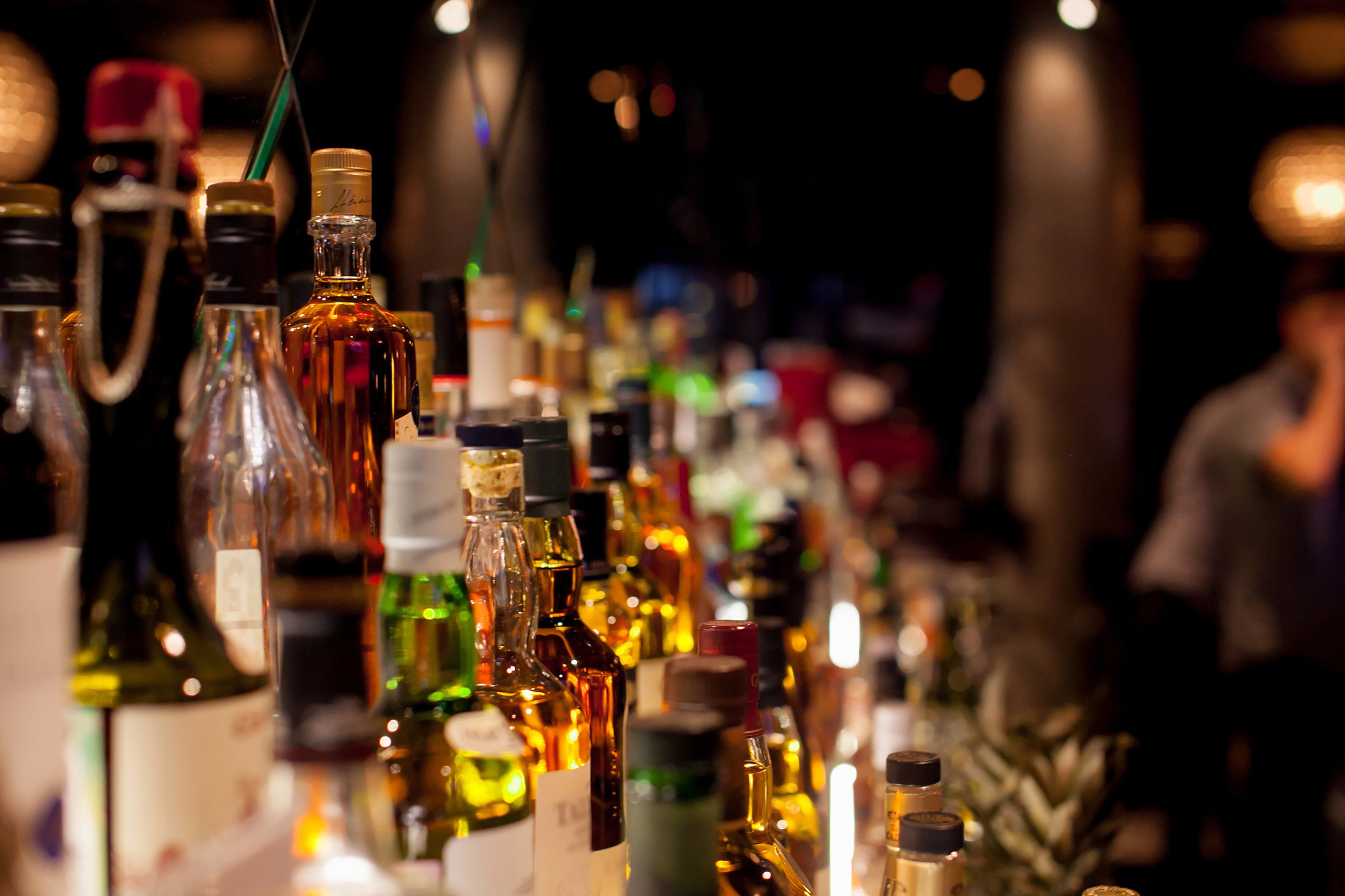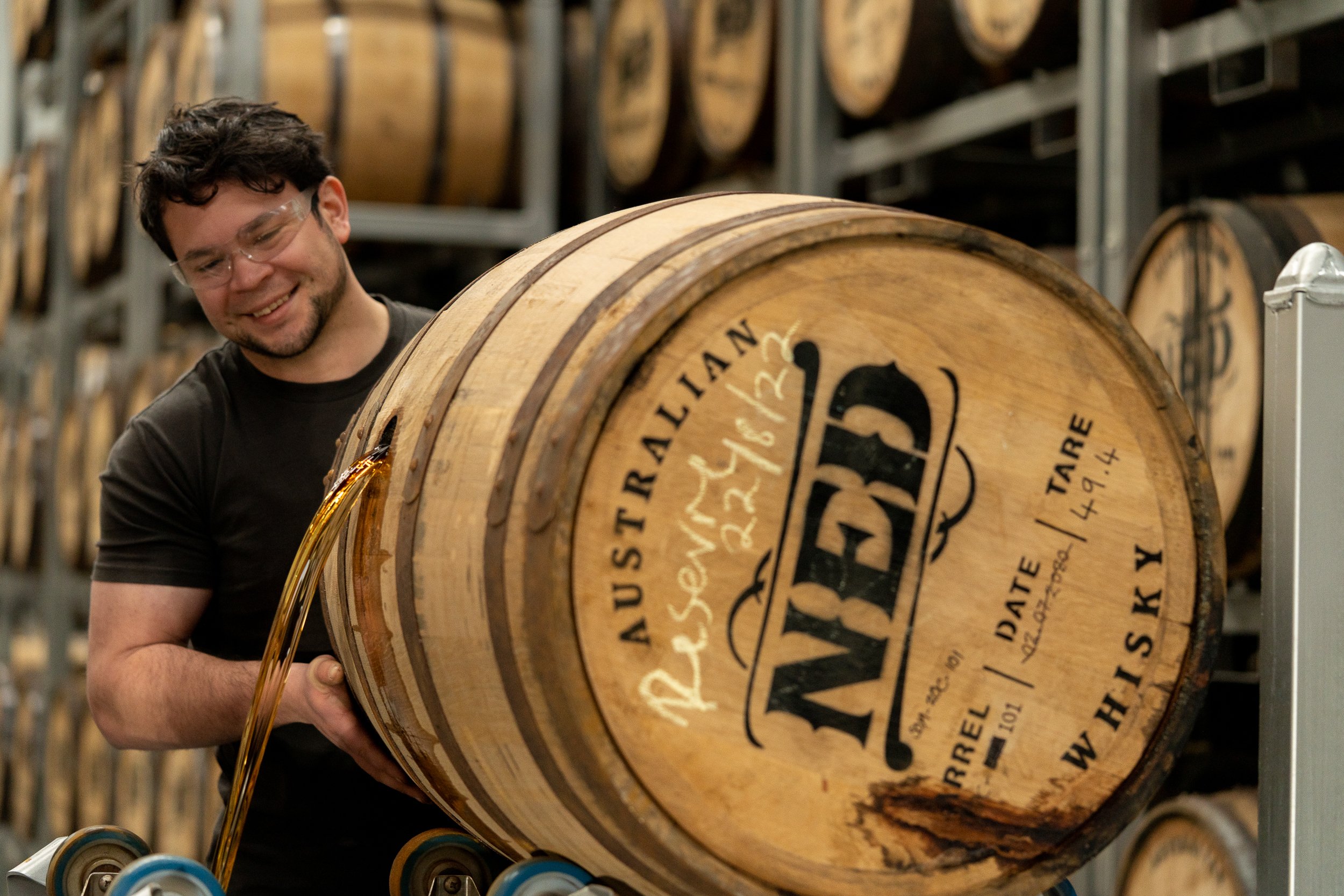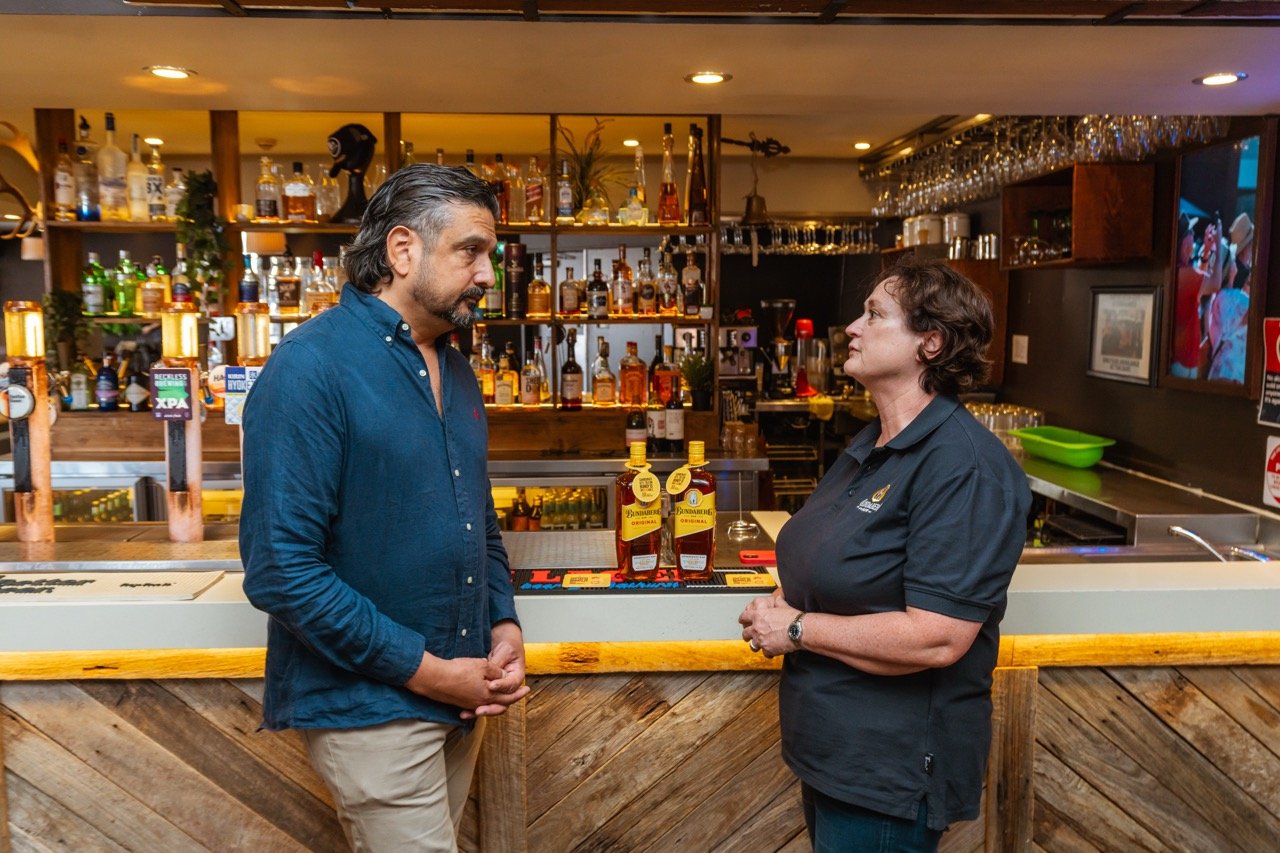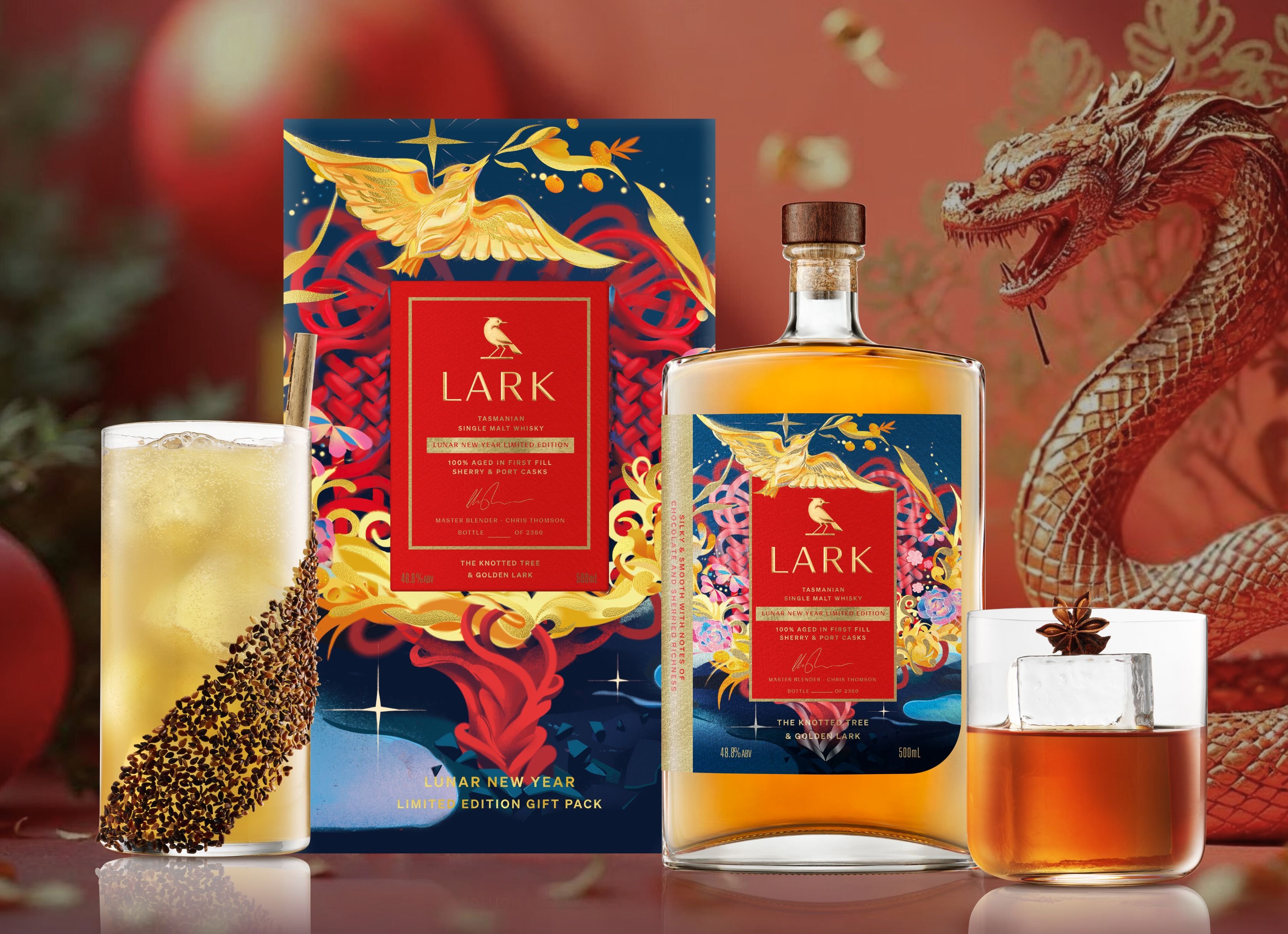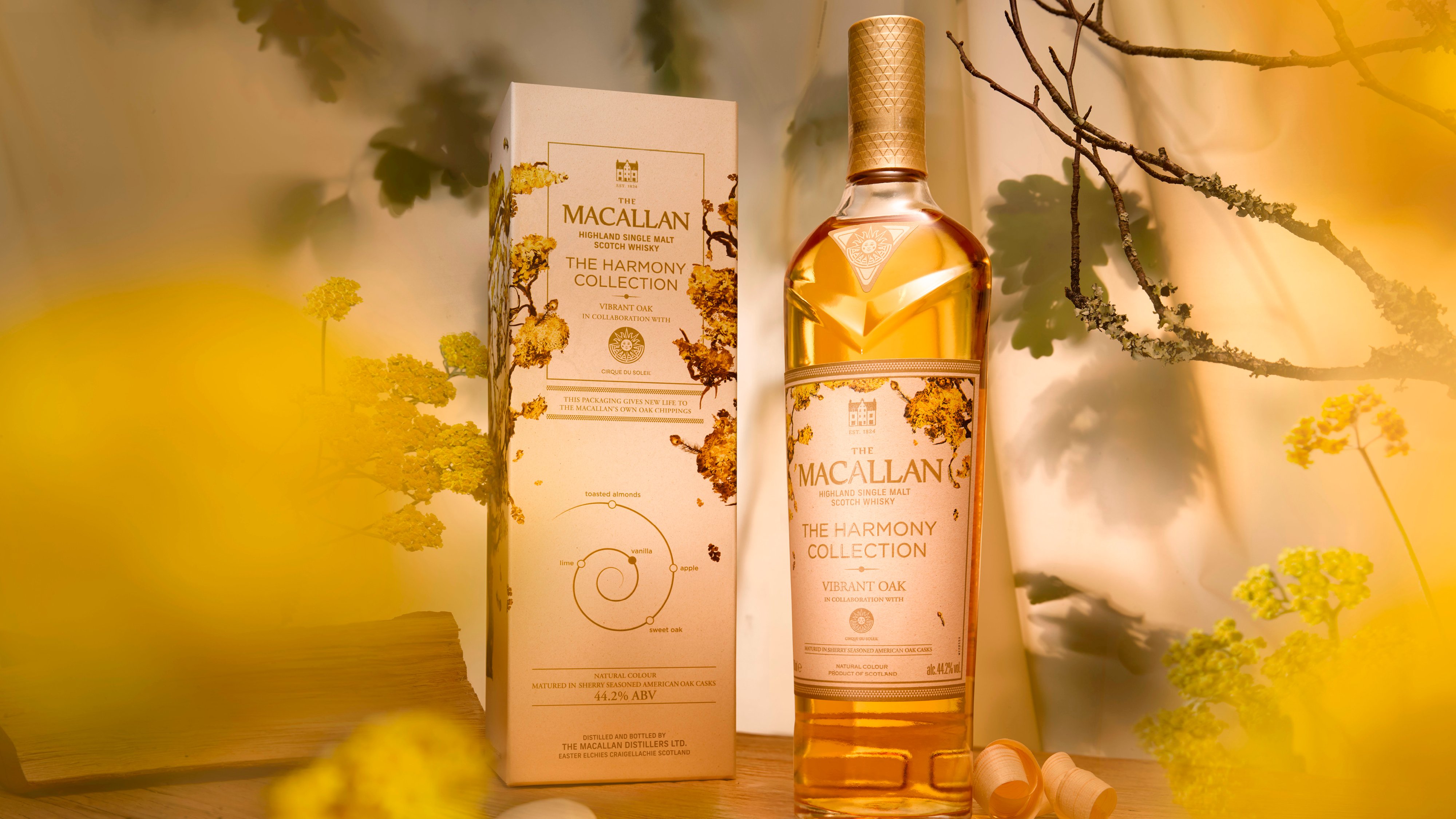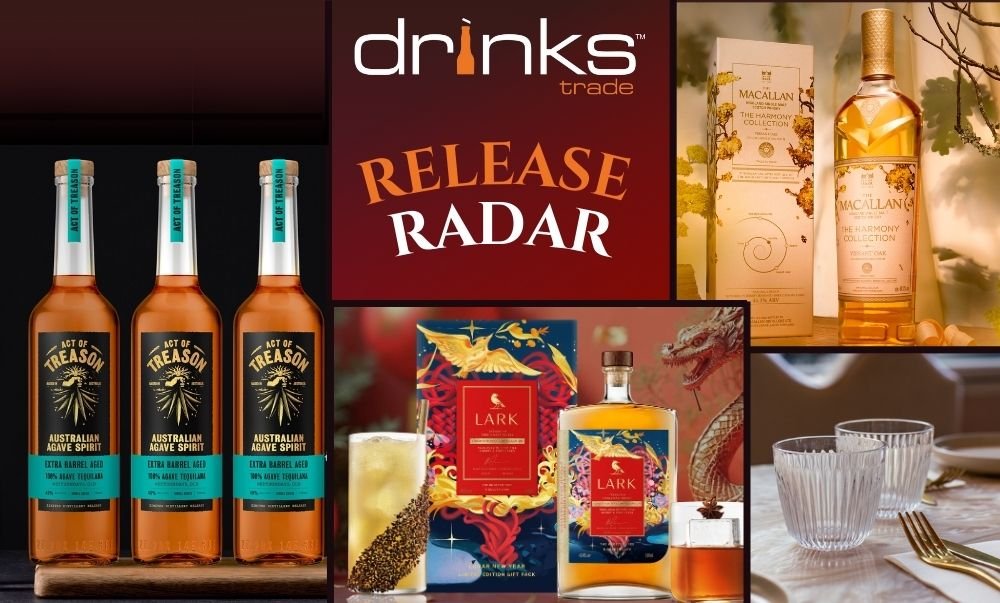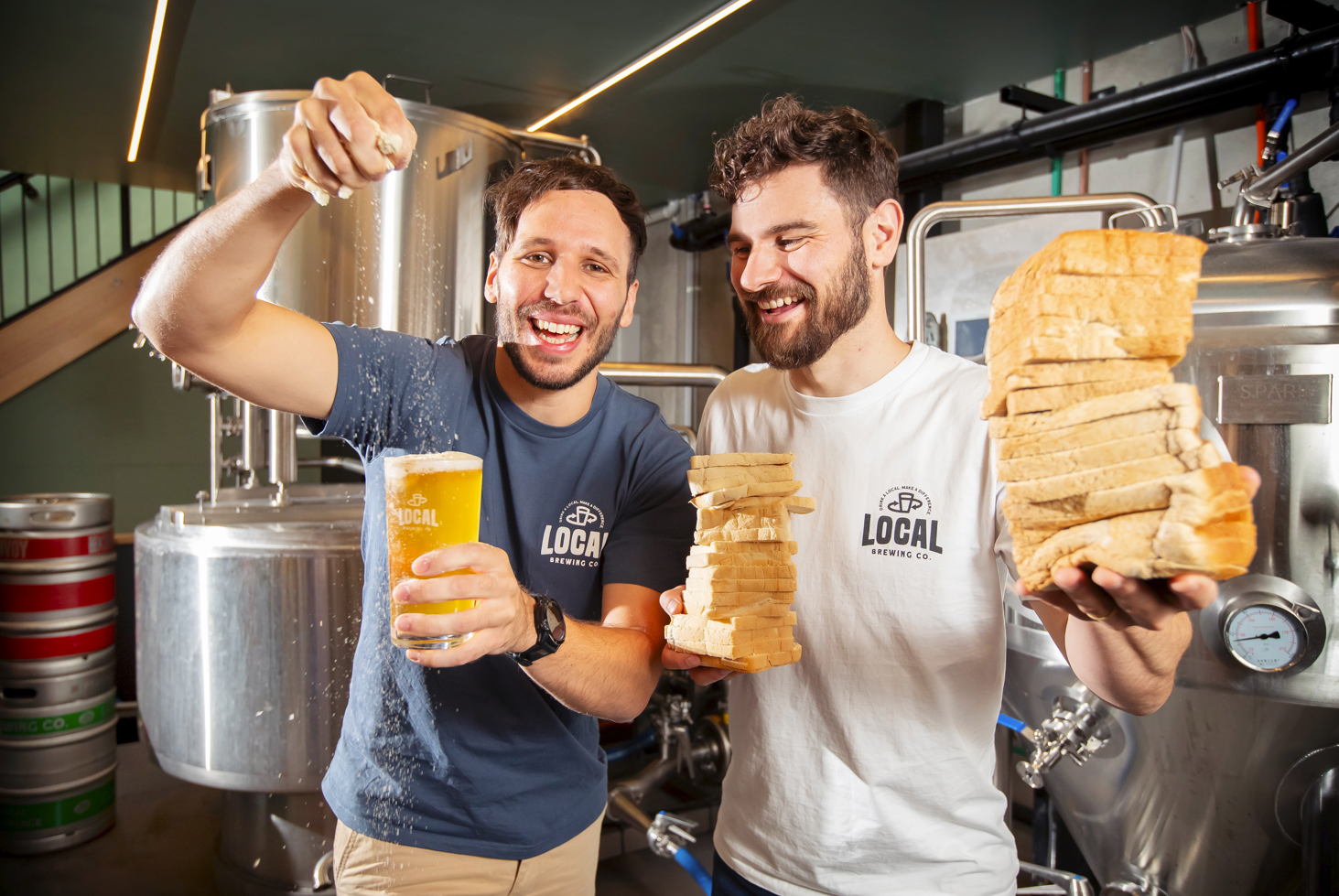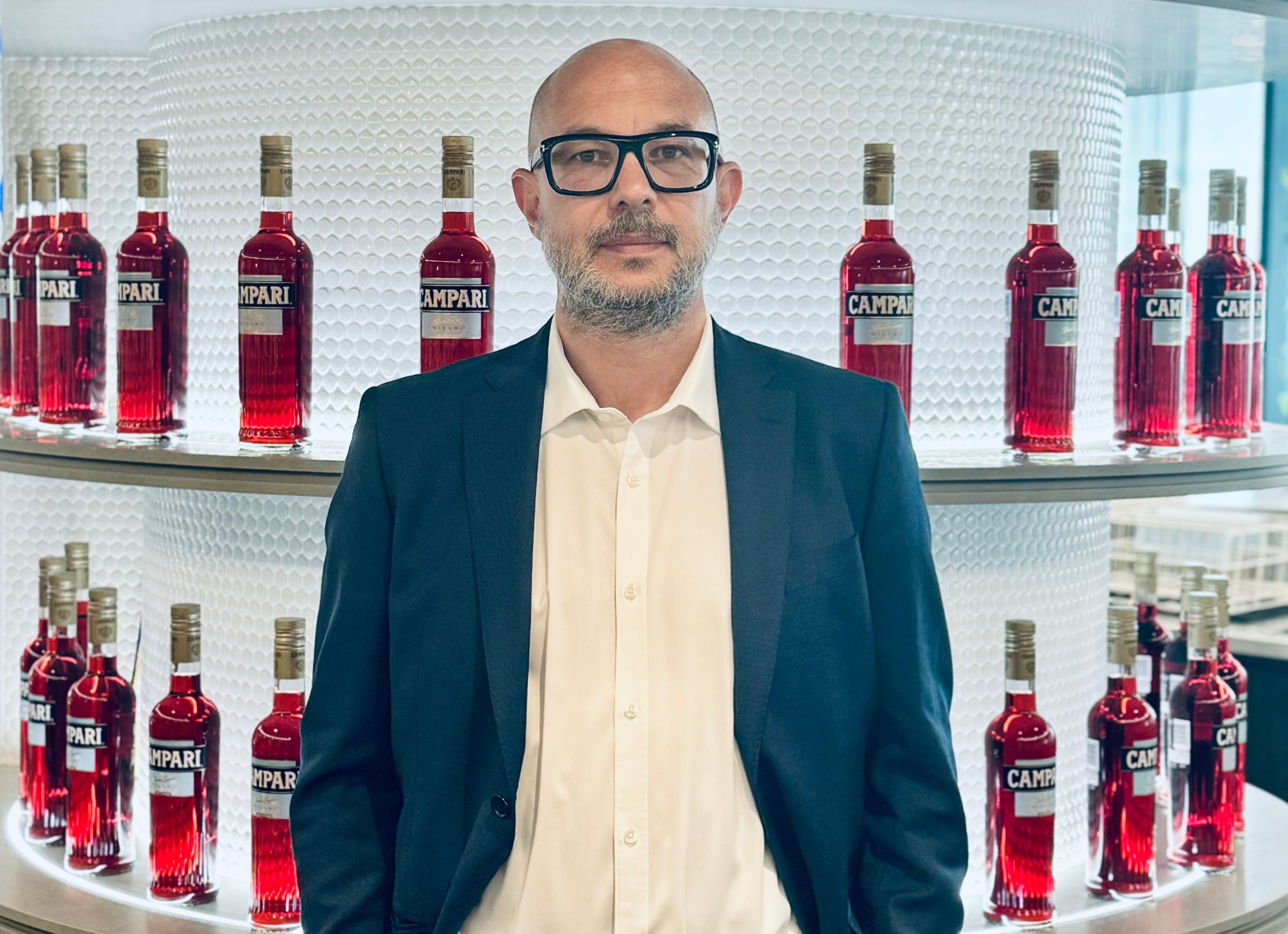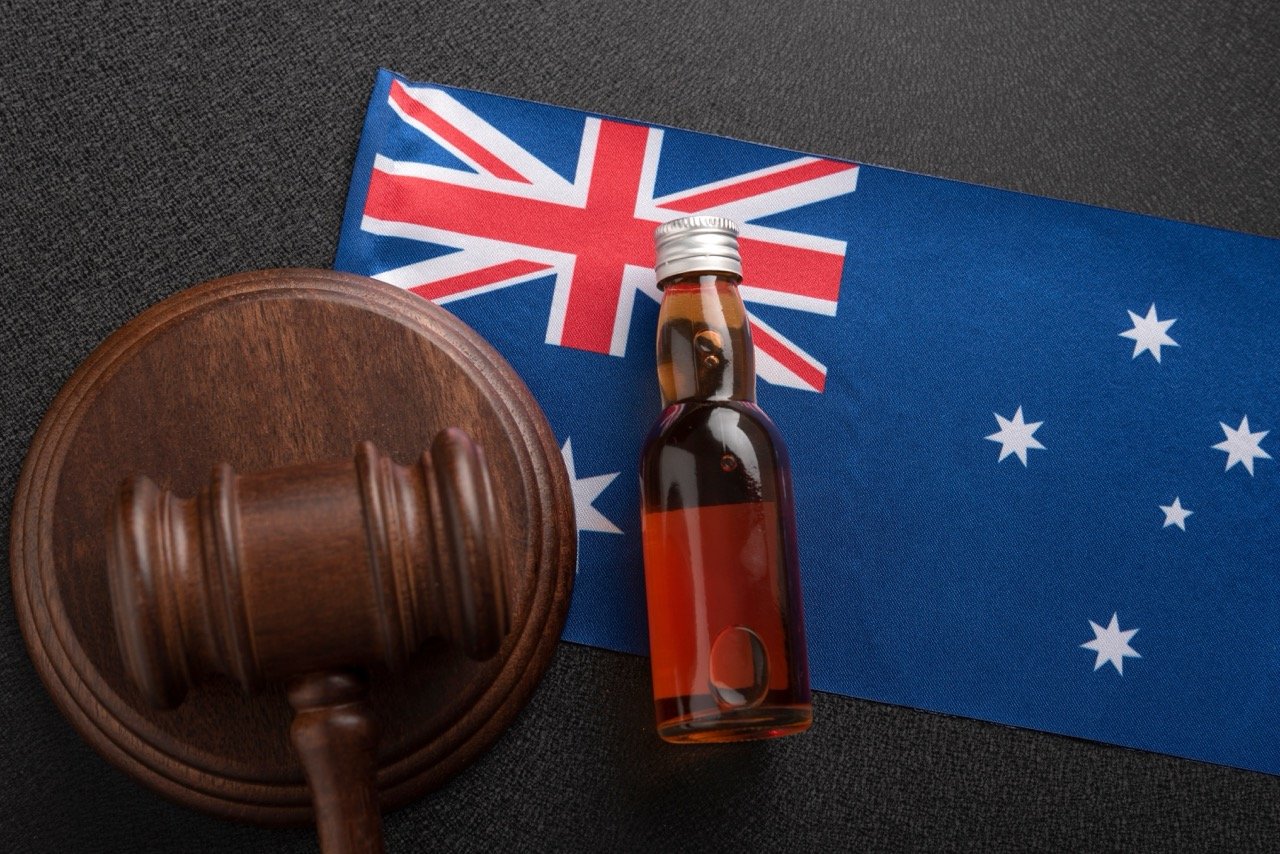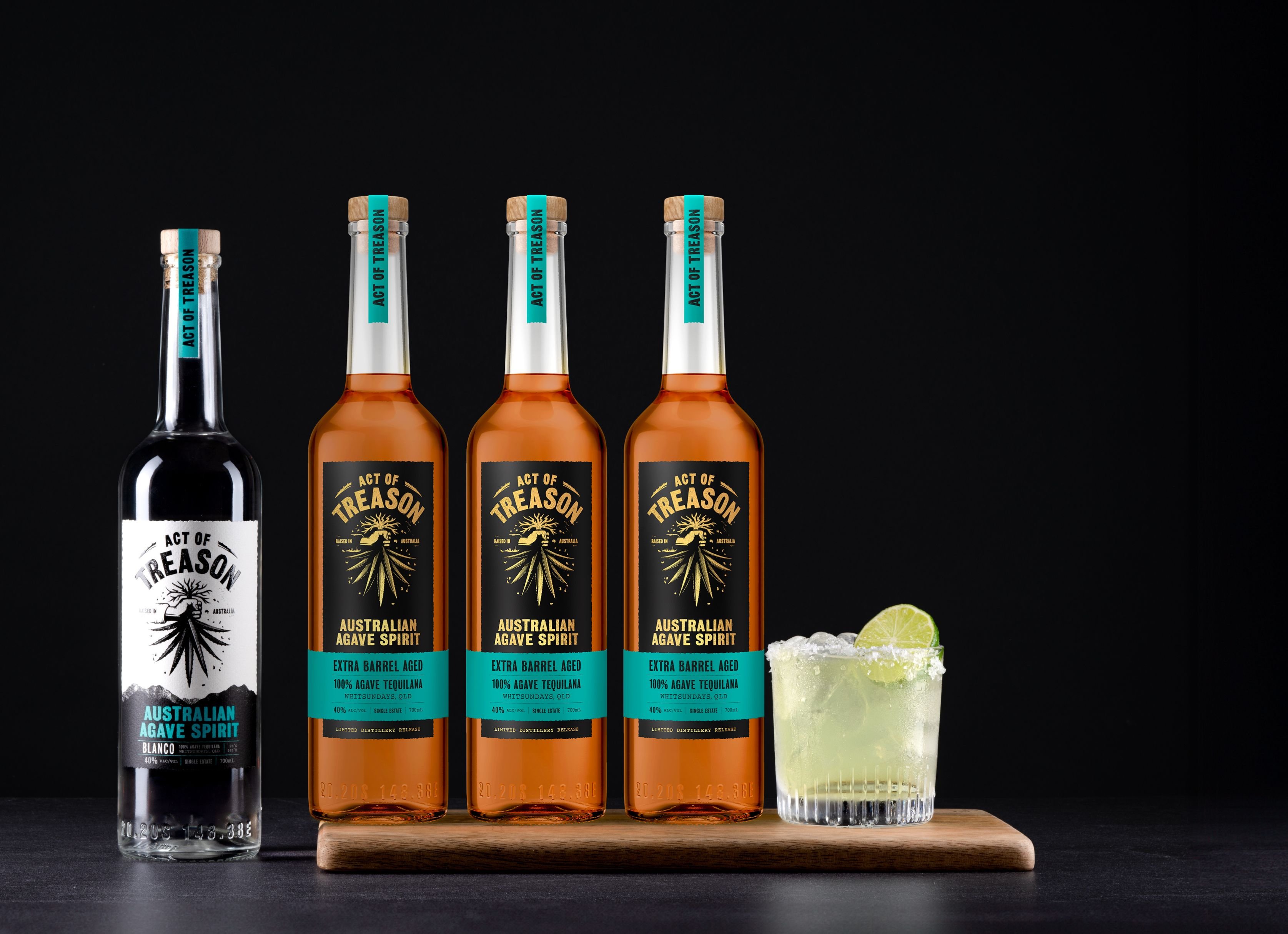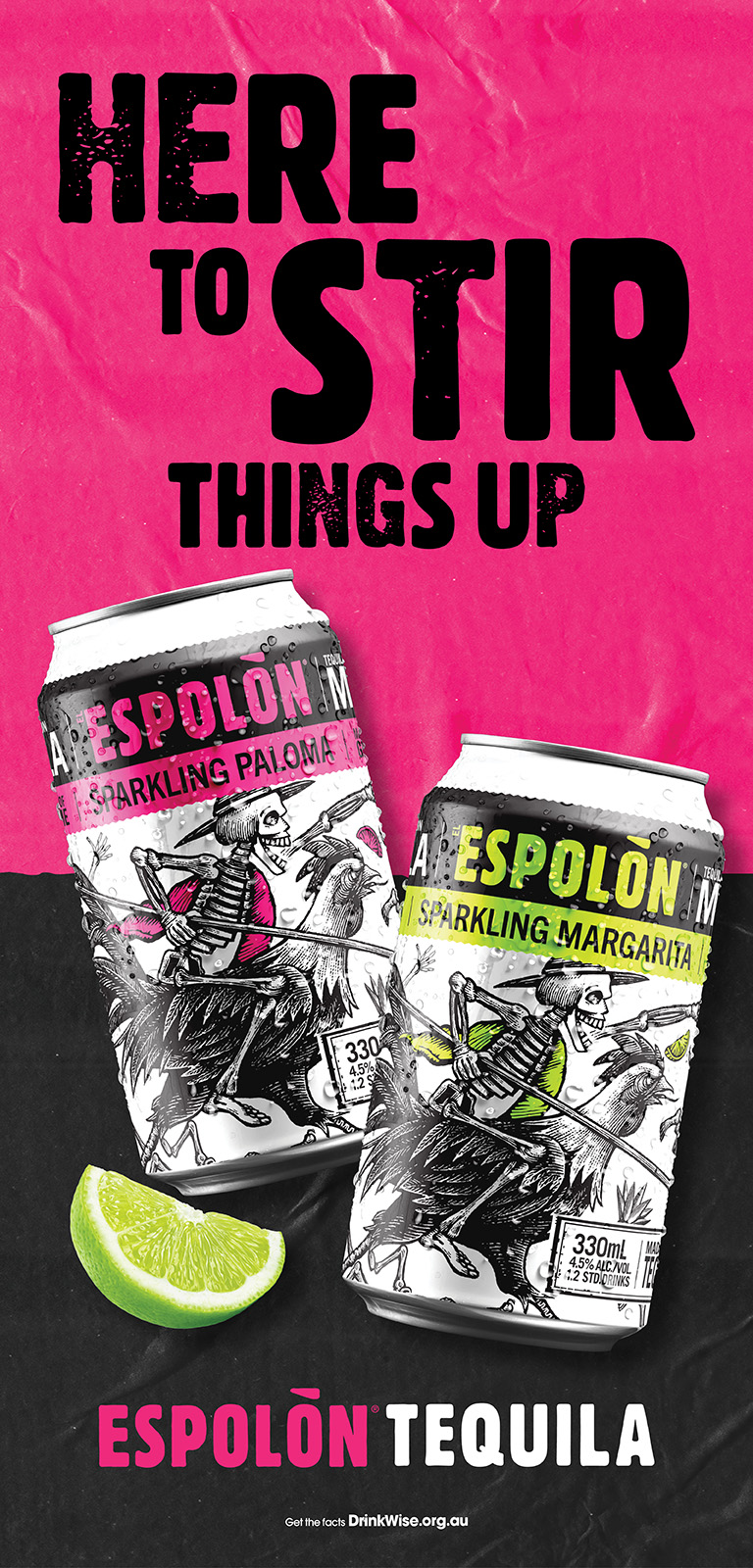On 5 August, the second biannual increase of Australia’s spirits tax is scheduled to come into effect. Ahead of this, leading voices of Australia's spirits industry have expressed concern about the impact this will have on both spirits consumers and producers.
“It goes up every six months and there's no end in sight on this excise because it's tied to inflation, and we are in a high inflation environment,” said Diageo Australia’s Director of Corporate Relations Amanda Lampe to Drinks Trade.
Lampe is also a Chair of Bundaberg Distilling Company. In January, Bundaberg launched a public campaign urging the Federal Government to freeze the twice-yearly tax increases. As it stands, Australian distillers currently pay $101.85 per litre of alcohol, the third highest rate globally.
“It is stopping people having some fun, [stopping people] going out down to the pub or even going and drinking at a barbecue... I think people are hurting,” said Lampe.
“The cost of spirits (and I'll put beer in there as well) is extremely high in this country.”
Greg Holland, Chief Executive at Spirits & Cocktails Australia, echoed a similar sentiment.
“Enjoying a drink with friends is one of life’s few simple pleasures for Australians who are currently struggling with the cost of living,” he said.
“Sadly, this custom is increasingly being priced out of reach for many people, thanks to relentless alcohol tax hikes every six months.”
The approaching spirits tax increase follows on from extensive and vocal industry opposition so far this year. This includes data from the ABS confirming that the automatic CPI indexation of spirits tax is jeopardising the Federal Government's efforts to curb inflation, economic modelling demonstrating that high taxation is thwarting a $1 billion export industry by 2035, and this Parliament House address made by Spirits & Cocktails Australia and the Australian Distillers Association representatives.
“The Federal Government’s own data has repeatedly demonstrated that rising alcohol excise is contributing to the stubborn inflation problem that it is trying so hard to address,” said Holland.
“Meanwhile, our hospitality sector is on its knees. Another tax increase will only increase the cost burden on struggling venues.”
Paul McLeay, Chief Executive of the Australian Distillers Association, added: “we don’t need billions in Government funding to make this happen, just some relief from these untenable six-monthly tax increases.”
Drinks Trade asked Amanda Lampe what messaging she would like to express to government in relation to the ongoing biannual spirits tax excise.
“I guess what we would say to the current government is [that] they didn't create this tax right,” she said.
“This tax has been in place for 40 years but I guess what we're asking them to do is not kick it down the road again like other governments but to be different/do something different and tackle the problem.”
Paul McLeay added, “we are calling for spirits tax to be frozen at its current rate for two years. This would have a comparatively modest budgetary impact in the context of the Government’s domestic manufacturing agenda.
“This would provide the stability for a broader review of spirits excise settings, so we can create the right conditions to attract capital investment, scale up manufacturing capabilities and grow exports.”
//
Industry leaders explain why spirits tax must be frozen
Opportunity for dark rums in Australia’s on-premise
What are the pros and cons of Aus spirits exports, according to the producers
Share the content
